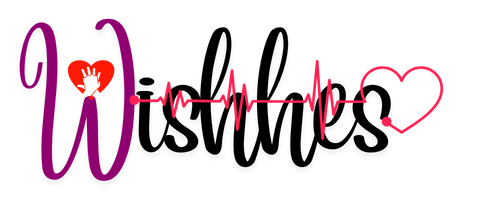The alcohol free beer market has become huge in recent years. In fact, today it’s worth over $22 billion.
It’s becoming a go-to for many of us, whether it be as a designated driver, to cut down on the amount of alcohol we’re consuming, or if you’re wanting to give up the substance totally.
In the case of the latter, particularly when it comes to those that are living with addiction, it may seem a good idea to convert to alcohol free, but there are dangers that come with it too.
Often 0% beer can feel like the perfect replacement for booze after you’ve been through alcohol rehabilitation centres essentially providing you with the like-for-like but without the poison and addictive nature of alcohol. However, it’s not quite as simple as that. And here’s why…
The Power of Association and Triggers
One of the key dangers of 0% beer lies not in its alcohol content, but in the associations it carries. For someone recovering from alcohol addiction, the taste, smell, and appearance of alcohol-free beer can all act as powerful triggers. Even holding a bottle or glass that looks identical to an alcoholic drink can reignite cravings and memories linked to past drinking habits.
Addiction isn’t purely physical; it has a strong psychological component. The ritual of pouring a drink, clinking glasses, or sitting in familiar environments can reawaken patterns of behaviour linked to substance use. This can set off a chain reaction, increasing the risk of relapse. What may start as a harmless drink could lead to heightened cravings, and eventually, some might find themselves reaching for something stronger.
Not Always Truly 0%
Another point to consider is that not all alcohol-free beers are completely alcohol-free. In the UK, beverages labelled as “alcohol-free” can legally contain up to 0.05% alcohol by volume, while “low alcohol” beers can contain up to 1.2% ABV. Although this amount is negligible for the average person, for someone in recovery, particularly in the early stages, it could pose a risk.
Some recovering alcoholics choose complete abstinence from all substances containing any trace of alcohol. For them, even a small amount could have psychological effects or lead to a slip in their recovery journey.
The Illusion of Control
For many addicts, part of the recovery process involves recognising and addressing the illusion of control. Alcohol-free beer can sometimes give the false impression that it’s possible to reintroduce certain aspects of drinking culture into one’s life without risk. This mindset can be particularly dangerous because it undermines the principles of abstinence and can lead to complacency.
In 12-step programmes such as Alcoholics Anonymous, there’s often a strong emphasis on avoiding anything that mimics or replaces the addictive substance. By consuming 0% beer, some individuals may start to convince themselves that they have overcome their addiction entirely, which can erode the caution necessary for long-term recovery.
Social Pressures and Mixed Messages
Another challenge arises from social settings. Drinking alcohol-free beer might seem like an easy way to “blend in” at parties or in pubs without having to explain one’s sobriety. However, this can send mixed messages to both the individual and those around them. Friends and family might mistakenly believe the person is drinking again, creating confusion or tension.
Furthermore, relying on alcohol-free options to navigate social situations could prevent individuals from developing new coping mechanisms and ways of socialising that don’t involve alcohol at all.
Ultimately, It’s A Personal Decision
It’s worth thinking very carefully about whether to turn to non-alcoholic beer in recovery. Ultimately, not everyone sees it as a threat and for many it isn’t. Some people can include it in their sober lifestyle and have no problems whatsoever. But it can also do all of the above, particularly in the early stages of recovery.
Therefore it’s important to think about your own personal circumstances and to discuss it with counsellors and professionals before drinking 0% booze, as it may well end up being a risk not worth taking.
ALSO READ-The Unseen Guardian: How a Term Life Insurance Plan Safeguards Your Family’s Dreams




